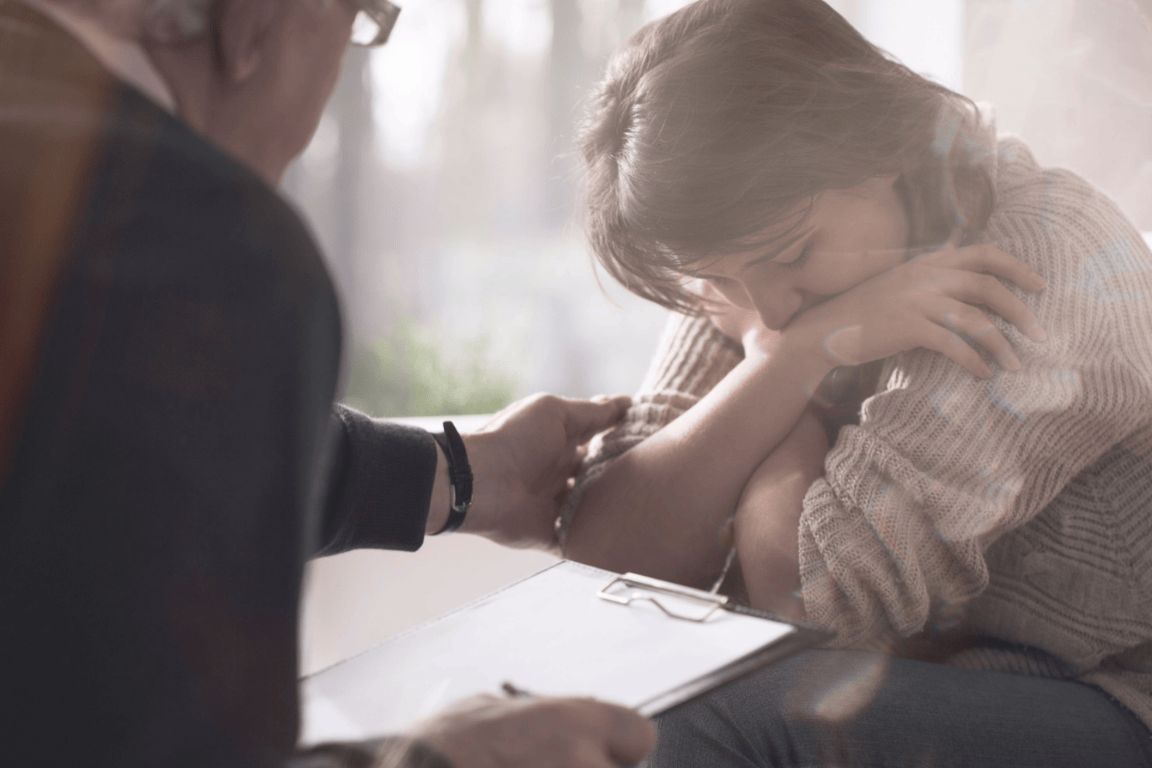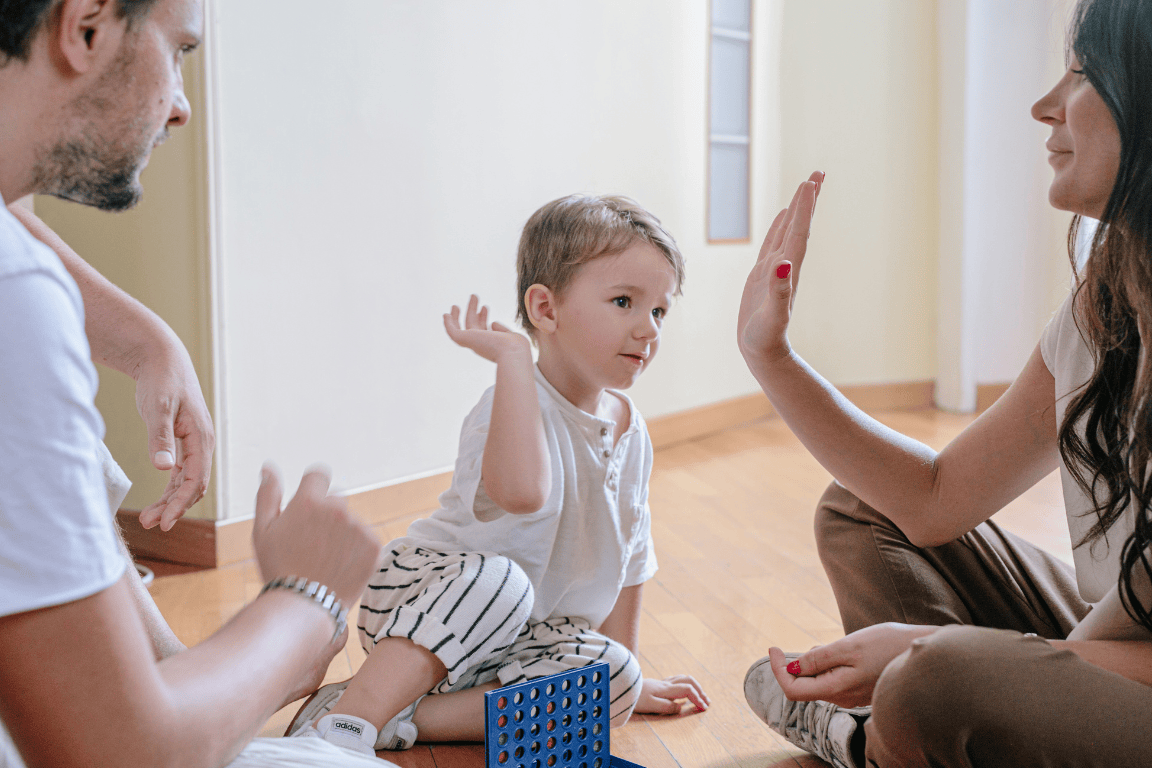Any traumatic event a person experiences in a relationship can change how they feel or think about certain things. Being lied to by a romantic partner or getting your heart broken by your family’s words can affect your mental or emotional health. One factor that’s often overlooked yet significantly impacts relationship trauma is your pattern of behavior, often referred toyou’re your attachment style.
Relationship Trauma at a Glance

According to the Centers for Disease Control and Prevention (CDC), approximately 26% of men and 41% of women experience abuse in intimate relationships. In another article, an agency said that over 61% of adults claimed they experienced at least one adverse experience during childhood.
Physical, verbal, or emotional abuse of this type can occur at any stage of a person’s life.
How Does Relationship Trauma Happen?
Abuse can occur in a relationship when there’s a power imbalance between two people, whether intimate partner, children and parents or with relatives and peers. This power imbalance happens when one person can influence or manipulate another person’s behavior in particular ways. When this occurs, it damages the relationship and harms the other person’s mental health, leading to attachment trauma.
Three unhealthy power dynamics can show up when a power imbalance is present, namely:
- Demand-withdrawal dynamic
This is when the other partner is the “demander” who constantly seeks change or finds ways to resolve issues in the relationship. Meanwhile, the other person is withdrawn and determined to avoid discussing issues.
- Distancer-pursuer dynamic
This is when the “pursuer” works to maintain intimacy while the “distancer” thinks that intimacy or other forms of affection is too suffocating.
- Fear-shame dynamic
This is often the most complex, as this can happen unconsciously. For instance, the other person has fears and insecurities that bring out feelings of shame from the other partner or vice versa.
Learn more about dealing with attachment trauma
When any of these unhealthy power dynamics come up in a relationship, more noticeable signs of abuse may occur later, such as:
- Emotional abuse
- Constant insulting, comparing, bullying, or derogatory behaviors
- Financial control
- Gaslighting
- Stress caused by the silent treatment
- Love bombing
Furthermore, when power imbalance mixes with the other person’s unhealthy lifestyle or toxic behaviors (e.g., alcohol or drug abuse), it can lead to more abusive and traumatic experiences, such as:
- Physical or sexual abuse
- Destruction of personal property
- Intimidation using weapons
All these can lead to relationship trauma and eventually impact a person’s attachment style. When an individual experiences abuse or a traumatic occasion, they sometimes develop a trauma bond towards the abusive partner, family, or relative.
Trauma bonding is when they feel more sympathy towards the abuser as they try to justify their behavior, eventually leading to an endless cycle of abuse.
What Are the Signs of Relationship Trauma?
Relationship trauma seldom stems from a one-time traumatic event. It usually develops over time instead, making it harder to recognize.
Common signs include the following:
1. Low self-esteem
Studies show that abusive behaviors (e.g., insulting, bullying, belittling, or unfavorable comparisons) can diminish a person’s self-esteem. As the person continues to hear degrading remarks from their abuser, they’ll soon start believing these words, adversely affecting their emotional regulation skills and interpersonal relationships.
2. Overly apologetic
Low self-esteem due to relationship trauma can also make a person seem excessively apologetic. Because they believe everything they do is wrong, and any mishap automatically becomes their fault, they’ll apologize profusely for simple mistakes or situations that aren’t necessarily their fault.
3. Persistent obsessive thoughts
People with relationship trauma tend to obsess about past arguments. They’ll keep thinking about what actions they should have taken to make the situation better or different. They may also worry about whether the people in their lives are worth keeping.
4. Flashbacks
Vivid and intrusive memories of traumatic events can be highly distressing to an abuse victim. As a result, they may experience sleep disturbances like nightmares or insomnia because they frequently and involuntarily relive a traumatic event.
Having intrusive memories? We can help.
5. Intense guilt and shame
Abusers may constantly blame and gaslight their victims for the bad situations they’re going through. Parents may also do these to their kids without realizing it, making them feel guilty and ashamed.
For example, when a child forgets to do their homework or accidentally spills their drink, getting called a “bad kid” can negatively impact their self-esteem. Admonishing or punishing them for simple mistakes that are normal for a growing and developing child may have long-lasting repercussions. When the child reaches adulthood, their intense guilt and shame may make them feel disconnected from their loved ones.
6. Constant fear and distress
A person may feel constant fear and distress after going through a traumatic event. Thus, they’ll try to avoid any behavior or action that may trigger abusive behavior from the people around them.
7. Trust issues and suspicion
An abuser often violates the victim’s boundaries to get what they want and gain control over them. It will cause the victim to develop deep-rooted trust issues when entering or navigating relationships with other people.
It’s crucial to take note of these signs and prepare to seek professional help when needed.
How Does Relationship Trauma Impact Your Attachment Style?
When you’re in a traumatic relationship, you may develop some coping mechanisms that could affect your attachment style. According to research, relationship trauma forces a person to develop a disorganized or disoriented attachment pattern that will only put them at higher risk of entering neglectful or abusive relationships in the future.
Here’s how relationship trauma at different stages of your life can impact your attachment style:
In childhood
A history of abuse from parents or family members may affect the child’s development and attachment style in the future.
For instance, if a child constantly witnesses their parents engaging in verbal or physical fights, they’ll start feeling anxious, tense, hopeless, and distraught. Their sleeping patterns may be affected, and they may have less energy to play and interact with other kids. They may also be concerned about their parents’ impending divorce or wonder when their parents’ ongoing arguments will ever stop.
As a result, the child may find it difficult to form meaningful relationships with their peers. They may also develop behavior problems and find it challenging to trust others or find real friends.
Another example is when parents constantly criticize, compare, and belittle their children for every little mistake. These can cause the child to lose their self-esteem and question their worth. They may grow up continuously seeking their parents’ approval, becoming people-pleasers.
Sooner or later, they’ll start looking for validation from their friends, peers, and future intimate partners. They may seek happiness based on their romantic partner’s approval of how they dress, talk, or behave. They may also become indecisive, constantly consulting their partner’s opinions or thoughts, even for insignificant things, leading to codependency or an insecure attachment style.
It’s important to understand that people are not born with these attachment styles. Rather, their relationships with their loved ones, parents, and the environment they grew up in caused them.
In adolescence and adulthood
Relationships outside a person’s immediate family often form during adolescence and adulthood. Research shows that interactions with peers and friends become a primary developmental environment for many adolescents.
For instance, your peers may constantly pressure you to engage in unhealthy behaviors, such as skipping classes or substance abuse. In this case, there’s a risk that you’ll develop a dependent attachment style. Furthermore, in this situation, you may begin to do things to gain approval from your friends and have a sense of belonging.
Another example is bullying. Experiencing constant bullying can be traumatic and adversely impact your self-esteem. You may develop trust issues which can cause you to struggle to form healthy attachments. Being in a physically or emotionally abusive relationship at this stage with intimate partners can also adversely impact your attachment style.
How to Heal and Recover From Relationship and Attachment Trauma?
Fortunately, attachment style issues brought about by relationship trauma are not permanent. Just because someone has developed an insecure or avoidant attachment style in their childhood doesn’t mean they have to be that way for the rest of their life. The recovery process may take a long time, but healing from your attachment wounds is possible.
Here are ways to help yourself recover from attachment issues:
- Seek professional help. Mental health professionals, such as therapists, can uncover the root causes of your attachment style and help you develop ways to cope and heal from traumatic experiences slowly.
- Share your experiences with someone you trust. If you don’t have friends, you can join organizations and community groups that help and support people with relationship trauma.
- Build a safer environment for yourself. A safe environment will help you heal and recover. Doing so allows you to find peace, even if it means cutting off the toxic people in your life.
Problems with your attachment style may be challenging to overcome alone. Seeking a therapist’s support is recommended to help you develop a healthier and more secure attachment style.
Learn how to recover from attachment issues.
Key Takeaway
Relationship trauma often develops from unhealthy and toxic relationships, eventually impacting a person’s attachment style. The good news is that the effects of the trauma don’t have to stay with you forever.
Reaching out to a mental health professional is the first important step towards healing from your traumas. It’s also important to surround yourself with a strong support group to help you overcome your fears, provide emotional comfort, and encourage you as you progress with the healing process.


